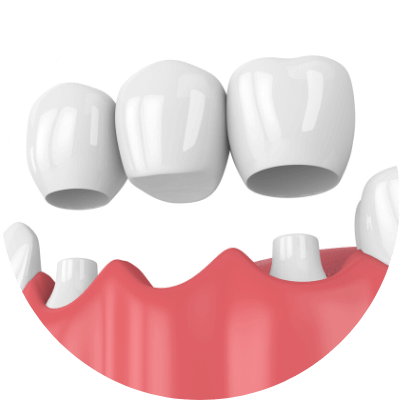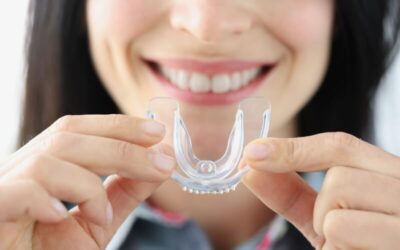Fillings
Fillings
While prevention through brushing and flossing is definitely better than cure when it comes to caring for your teeth and gums, should tooth decay develop, your dentist has a range of options for restoring your teeth’s shape and function?
Fillings may be required if tooth structure has been lost due to decay or trauma. During a regular check-up, your dentist will examine your teeth for these defects, and using X-rays to pinpoint the location and extent of decay, will then decide on the best method to restore the integrity of your tooth, which may include fillings.
An array of filling materials
When a filling is required there is a variety of materials that can be used, all of which have unique properties and advantages. Some factors which influence the type of material to be used will be the type of tooth, the strength requirements and the way your teeth bite together. Your dentist will give you advice on what is appropriate for your situation.
Amalgam
Amalgam is a durable material but requires more of the tooth to be removed, and it can blacken with age. While amalgam is increasingly giving way to tooth-coloured filling materials such as resin, it is still in use, safe, and there is no need to replace your amalgam fillings just for the sake of it.
Composite resin
Composite resin is a commonly used white or tooth-coloured filling material., It can be “glued” to the surface of the tooth, and a matching tooth colour can be picked so that the filling is almost invisible. On the other hand, the composite resin material is more difficult to use, which makes the restoration a bit more expensive when compared with amalgam.
Glass-ionomer cement
Glass-Ionomer Cement (GIC) is also tooth coloured; however, it is not as durable and strong as composite resin, although it does bond well to the tooth and it has some decay-preventing abilities. Glass-ionomer cement is often used for the areas of the tooth where there is not much biting force, and also to fill baby teeth.
Gold & Porcelain
Gold fillings tend to be the most durable over the long-term, while ceramic fillings are both strong and able to be matched to your tooth colour to produce a very long-lasting and aesthetic filling. Both gold and porcelain fillings take longer to prepare and manufacture, meaning more appointments and more cost.
Temporary fillings
Short-term (‘temporary’) fillings may be used when multiple appointments on a tooth are required, if there is insufficient time to complete the treatment in one visit, or during emergency treatment.
After the filling
Following treatment, your tooth may feel sensitive to things like pressure, cold air, sweet foods or changes in temperature for a few days. If this persists, return to your dentist so the cause can be investigated.
When good fillings go bad
Constant wear and tear can cause fillings to wear, chip or crack, opening the seal between the tooth and the filling, allowing food particles and decay-causing bacteria. However, if you’re seeing your dentist regularly, they’ll look after this before it becomes serious.
Crowns
Your dentist may restore your tooth with a crown rather than a filling. Usually made of gold or porcelain, they’re a customised tooth-shaped cover designed to protect the structure of the tooth, often used where a large filling needs to be replaced but where there’s not enough tooth left to support a filling.
To read the original article, click here.
Note: All content and media on the Dental House website and social media channels are created and published online for informational purposes only. It is not intended to be a substitute for professional medical advice and should not be relied on as health or personal advice.
Services we mentioned:
More Dental Articles
Red, Red Wine: Is It Beneficial For Oral Health?
Is red, red wine beneficial for our oral health? Or does it just feel good at the time & if you overdo it you feel like cr*p the next morning…
Detecting Oral Cancer Is Given The Brush
In 2020, Oral Cancer accounted for almost 380,000 cases, and 180,000 deaths globally. It’s on the increase with diagnosis incidents…
Could The Surge In Pneumonia In Children Be Related To Their Teeth Brushing?
Kids and teenagers are not self-maintaining, and nor is their oral health. Teeth brushing: spend time with it frequently…
What Is Dental Sleep Medicine? It’s Not Sleep Dentistry
Dental Sleep Medicine is the intersection of dentistry with issues affecting sleep. Snoring, sleep apnoea, & related breathing disorders…















